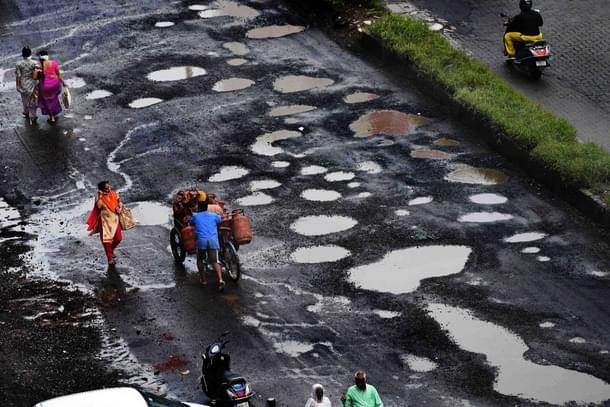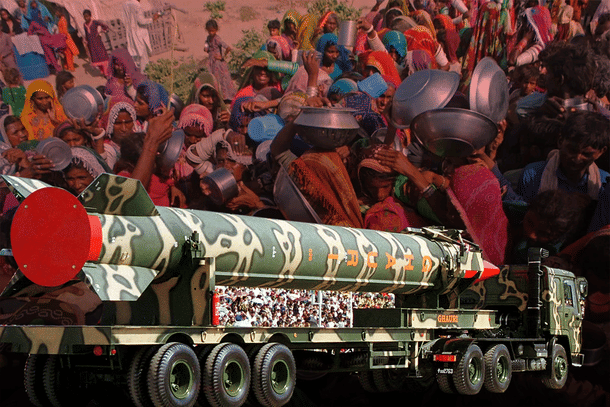Newsletters
Smart Cities Check: Rs 1.5 Lakh Crore Later, Are We Still Dodging Potholes?
Swarajya Staff
May 20, 2025, 08:06 PM | Updated 08:28 PM IST
Save & read from anywhere!
Bookmark stories for easy access on any device or the Swarajya app.
Op-ed on the real scorecard of India’s flagship urban mission

Dear reader,
The Smart Cities Mission began with dashboards and drones in its pitch deck. A decade and Rs 1.64 lakh crore later, for instance, Tajganj’s roads still rattle your bones and Shimla’s hillside escalators are staying idle mostly and gathering rust.
On paper, 93% of the sanctioned projects are “done” across the 100 cities. On the street, potholes, padlocked toilets and dangling wires tell a different story altogether.
Today's cover story walks the ground—and the spreadsheets—to show what worked, what didn't, why it matters, and the next steps.
Here's Prafulla Pathak breaking it down for us.
And while you'd here, here’s a gentle nudge -- we noticed that your subscription has ended -- for returning readers, the 1-year subscription is ₹ 1,694 + GST (15 % off the regular ₹ 1,999). One click, and you’re back to unlimited stories like this.
Why Pakistan May Be About To Lose Its Atomic Arsenal

When—not if—Pakistan's contradictions reach a breaking point, the global consensus for denuclearisation may finally override sovereignty concerns.
Pakistan's script is predictable: provoke India, escalate briefly, then hide behind nuclear threats. The Pahalgam massacre in April followed this playbook perfectly—until Operation Sindoor exposed the bluff.
As Indian strikes pummelled terror camps, Pakistan's generals desperately sued for peace.
But imagine a different ending to this story. What if Pakistan's next crisis finds it unable to brandish nuclear weapons?





